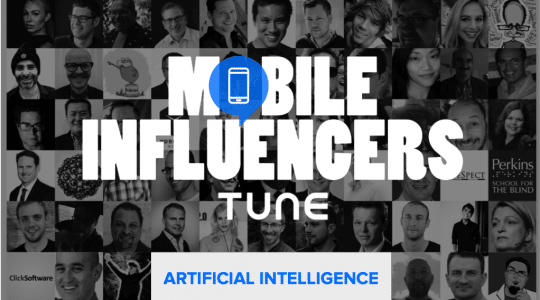The mobile app update cycle is accelerating. If you look at the top grossing iOS apps, every single one has had a version update within the last two months.
Ported Post: This entry was originally published in the Artisan Mobile blog. Artisan was rebranded as In-App Marketing after being acquired by TUNE in July of 2015.
The mobile app update cycle is accelerating. A year ago Facebook started updating its mobile apps every one to two months. And today if you look at the top grossing iOS apps according to App Annie, every single one has had a version update within the last two months. Four out of five have been updated within the last three weeks.
There are pros and cons to the fact that the development process is speeding up. On the positive side, companies are addressing known problems and introducing new features to their mobile apps more quickly. On the negative side however, the deadline pressure is putting companies on a hamster wheel that never seems to stop turning. With heads buried in the minutiae of getting a new app release out every few weeks, mobile teams are having a hard time taking a step back to think strategically about the app management process.
Perhaps even more importantly, we find that many companies are terrified about what each new app release will unleash. Will the new version fix every bug and irritation factor in the app, or will it create new problems because of some unknown impact on the user experience?
Mobile app teams are working harder and faster than ever, but living in fear that each new update may backfire, causing a decrease in customer conversions, or worse, user abandonment of the app. The fear isn’t unfounded. We’ve talked with several companies that recently released new app versions only to find that their metrics for engagement or conversion went down.
However, it doesn’t have to be this way.
Companies should be able to determine before they push out a new app release that it will have a positive impact on performance. This is what testing is for, and why data-driven decision making is so important. Until recently, the technology didn’t exist for ongoing testing and optimization of mobile apps, but it does now, and companies need to take advantage.
Otherwise you’re just developing in the dark.
Author
Becky is the Senior Content Marketing Manager at TUNE. Before TUNE, she handled content strategy and marketing communications at several tech startups in the Bay Area. Becky received her bachelor's degree in English from Wake Forest University. After a decade in San Francisco and Seattle, she has returned home to Charleston, SC, where you can find her strolling through Hampton Park with her pup and enjoying the simple things in life.




Leave a Reply
You must be logged in to post a comment.